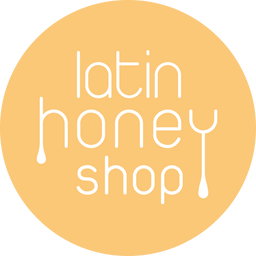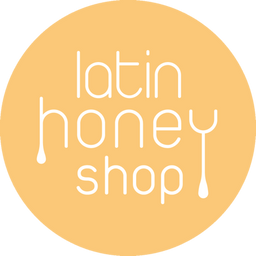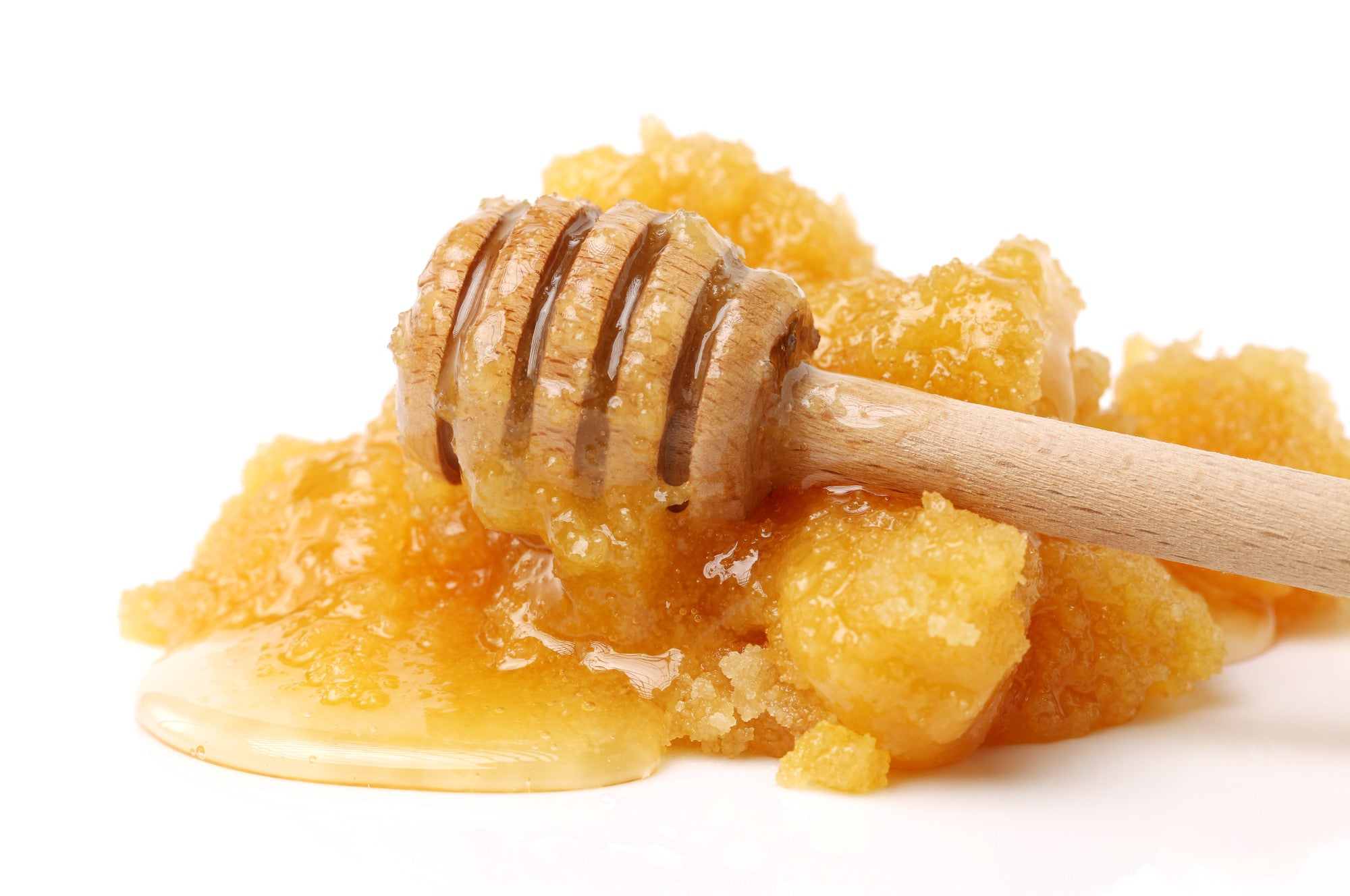
What is raw honey?
Is raw honey unpasteurised?
Is raw honey cold pressed?
In recent years there has been an increased interest in raw honey. Consumers have become increasingly aware that supermarket honey has been processed. However, confusion exists as to what exactly constitutes raw honey.
Other names for raw honey include: unpasteurised honey, cold pressed honey, unfiltered honey, living honey.
The simple definition of raw honey is honey that has not been warmed to above 37C/99F and has not been filtered to remove its pollen.
The 37C figure comes from the maximum natural internal temperature of a bee hive.
There is some debate amongst experts as to what this exact temperature is. For example, a bee hive near a desert in central Mexico may have an internal temperature of up to 45C. And a bee hive high up a mountain in Chile may have an internal temperature of less than 37C.
Supermarket, or processed, honey is pasteurised by heating it to 60C - 70C (140F - 158F) for at least 30 minutes. The main reason honey factories pasteurise honey is to prevent the honey from crystallising.
After it is harvested, all honey, including raw honey, is strained through a coarse material in order to remove dead bees, bits of flower and parts of the hive that may have entered it. Straining with a coarse material does not remove pollen from the honey.
Supermarket honey, however, is also fine-filtered, which is why it is clear. This fine-filtration process removes all, or most, of the pollen in the honey. Pollen provides the immunity boosting properties of honey so supermarket honey has little or none of this in it.
Supermarket honey can remain liquid and runny for years without crystallising but raw honey tends to crystallise quite quickly. Some raw honeys crystallise only two months after they were harvested, while other raw honeys take longer.
The other reason honey factories pasteurise honey is to kill bacteria.
In its natural form, honey is a living substance. It is full of living beneficial bacteria, enzymes, nutrients and microorganisms, all of which provide the health benefits of honey. These living nutrients
When raw honey is consumed, these living nutrients line the throat, stomach, digestive system and enter the bloodstream. They multiply inside the body and kill substances and bacteria that are harmful to the body.
All of the honeys supplied by the Latin Honey Shop are raw. Before we decide to import and sell a honey we take it through a rigorous process that involves analysing samples, studying laboratory test results and checking the accreditations of the supplier.
The import process itself is a lengthy process that requires authorisations by the European Union, a sanitary certificate provided by the Ministry of Health of the exporting country, notifying UK port authorities in advance that the honey is coming and inspections carried out by port authority veterinarians upon its arrival.
Our staff are experienced in importing honey into the UK from different countries and we regularly liaise with port health authorities, government departments and UK and foreign organic certifying control operators during the process.
We follow these rigorous procedures to ensure that the honey that ends up on your kitchen table is as natural and untreated as it was harvested.



